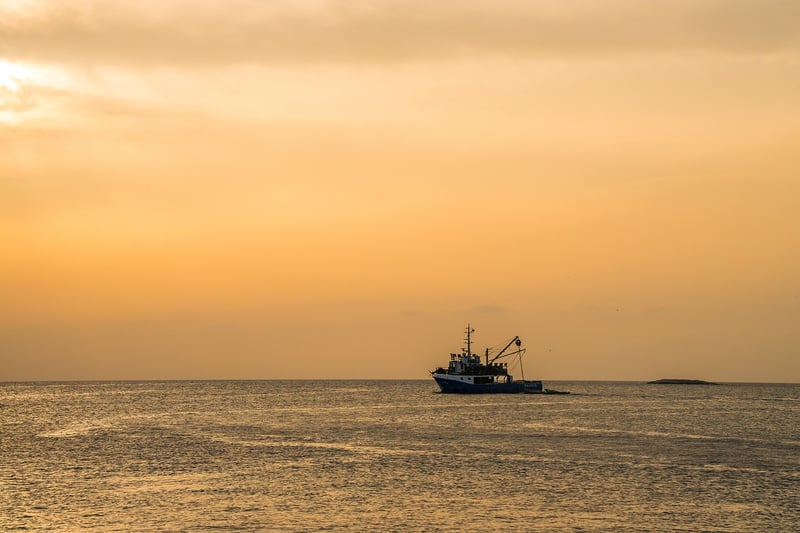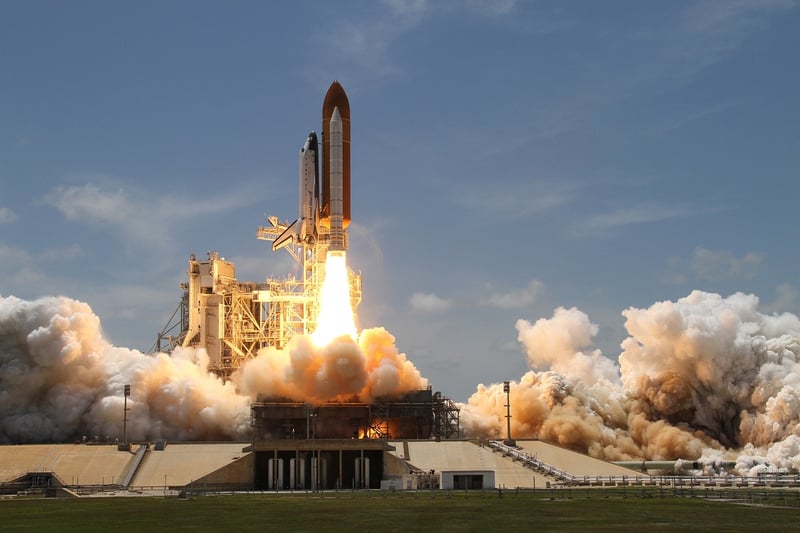Future Explorations
Exploring Different Eras and Future Explorations
Introduction
Exploration has been a fundamental part of human history, driving us to discover new lands, cultures, and technologies. From ancient times to the modern era, humans have always been driven by curiosity and the desire to push boundaries. Let's delve into the different eras of exploration and peek into future possibilities.
Ancient Explorations
Ancient explorers like the Phoenicians, Polynesians, and Vikings set out on voyages of discovery, navigating the seas with primitive tools and sheer courage. They discovered new lands, established trade routes, and expanded their empires, shaping the world as we know it today.

Age of Discovery
The Age of Discovery saw European explorers like Christopher Columbus, Vasco da Gama, and Magellan embark on groundbreaking voyages that connected the continents and ushered in a new era of globalization. These explorers braved the unknown, faced dangers at sea, and forever changed the course of history.

Space Exploration
The 20th century witnessed a new frontier of exploration - space. Pioneers like Yuri Gagarin, Neil Armstrong, and Sally Ride voyaged beyond Earth's atmosphere, landing on the moon and sending probes to the outer reaches of our solar system. Space exploration continues to captivate our imaginations and push the boundaries of human achievement.

Future Frontiers
As we look to the future, the possibilities for exploration are limitless. From Mars colonization to deep-sea expeditions, from virtual reality exploration to quantum discoveries, the future promises a new era of exploration that will redefine our understanding of the universe.
Conclusion
Exploration is ingrained in the human spirit, driving us to seek out the unknown and expand our horizons. By reflecting on the explorations of the past and embracing the challenges of the future, we can continue to push the boundaries of what is possible and inspire generations to come.
